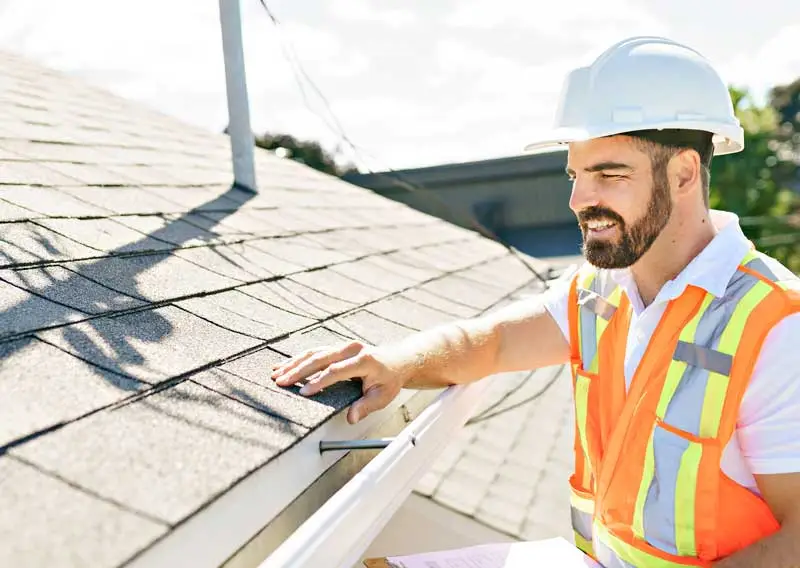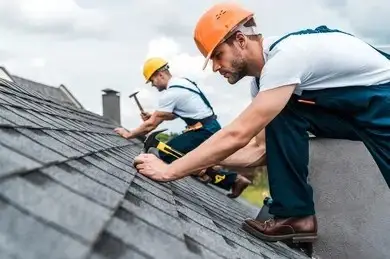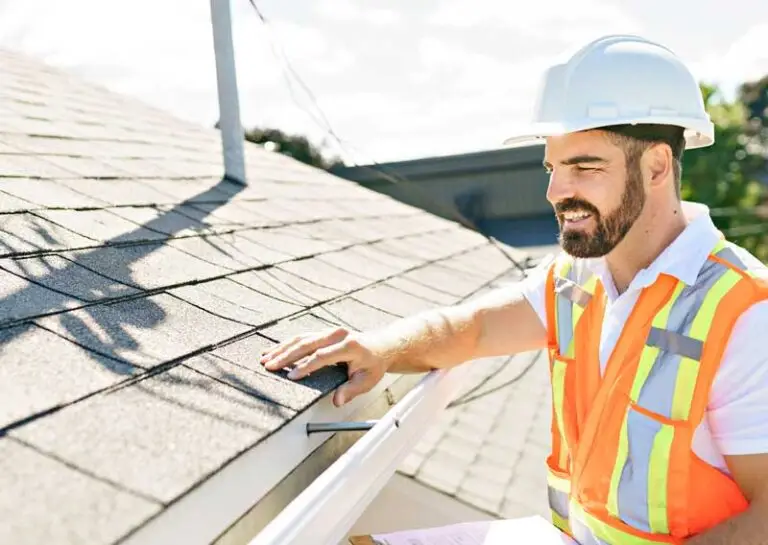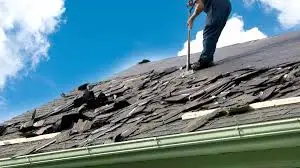Understanding Roof Inspections: Importance, Process, and Tips
Roof inspections are a vital aspect of home maintenance that can help homeowners protect their investment and ensure the longevity of their roofs. While often overlooked, a thorough inspection can save money in the long run by identifying potential problems before they escalate into significant repairs or replacements. This article will delve into the importance of roof inspections, the typical process involved, and some tips for homeowners.
The Importance of Roof Inspections
- Preventative Maintenance: Regular roof inspections serve as preventative maintenance. Just like your vehicle requires routine checks to function optimally, your roof needs regular assessments to ensure there are no hidden damages or wear and tear.
- Cost Savings: At first glance, roof inspections might seem like an unnecessary expense; however, they can actually save homeowners considerable amounts of money. By identifying small issues, such as missing shingles or slight leaks, early on, homeowners can address these problems before they develop into severe issues requiring costly repairs or even a full roof replacement.
- Insurance Requirements: Many insurance companies encourage regular roof inspections as part of their policies. A well-documented inspection history can also be beneficial if you need to file a claim, especially after severe weather events.
- Increased Property Value: A well-maintained roof can enhance your home’s curb appeal and overall value. Regular inspections that address minor issues can prevent them from becoming selling points that deter potential buyers.
The Roof Inspection Process
Typically, roof inspections are conducted by qualified professionals, though homeowners can perform preliminary checks. Here’s what to expect during a formal roof inspection:
- Visual Examination: The inspector will start with a visual examination, looking for signs of wear such as cracked or curling shingles, rusted flashing, and sagging areas. They will check gutters and downspouts for debris that could retain moisture.
- Interior Inspection: Inspectors often check the interior of the home, particularly the attic or upper floors, for any signs of water damage, mold, or insulation issues. This can provide insight into potential roof leaks.
- Detailed Analysis: Depending on the inspector’s findings, they may perform a more detailed analysis that could involve climbing onto the roof. Here they can closely examine the condition of roofing materials, flashings, and ventilation systems.
- Report and Recommendations: After the inspection, the inspector will provide a detailed report summarizing their findings, complete with photos. They will highlight any issues, both minor and major, and offer recommendations for repairs or maintenance.
Tips for Homeowners
- Schedule Regular Inspections: Aim for at least one professional inspection a year, plus an additional inspection following severe weather events, such as heavy storms or high winds.
- Conduct Visual Checks: While waiting for a professional inspection, conduct your own visual checks from the ground. Look for signs of damage, such as missing shingles or discoloration.
- Be Proactive: If you notice any minor issues, address them as soon as possible. Ignoring small problems can lead to larger, more costly repairs.
- Choose a Qualified Inspector: Ensure your roof inspector is qualified, experienced, and preferably certified by a recognized organization. Check reviews and ask for recommendations from friends or neighbors.
- Keep Maintenance Records: Maintain a log of all inspections, repairs, and maintenance work performed. This can help you track the roof’s health and can be a helpful reference for future inspections or when selling your home.
In conclusion, roof inspections are an essential part of home maintenance that should not be neglected. By understanding the significance of these inspections, knowing what to expect during the process, and following the tips outlined above, homeowners can ensure their roofs remain in excellent condition for years to come. Regular inspections help in safeguarding your investment, enhancing the aesthetic appeal of your home, and providing peace of mind regarding your roof’s longevity.





